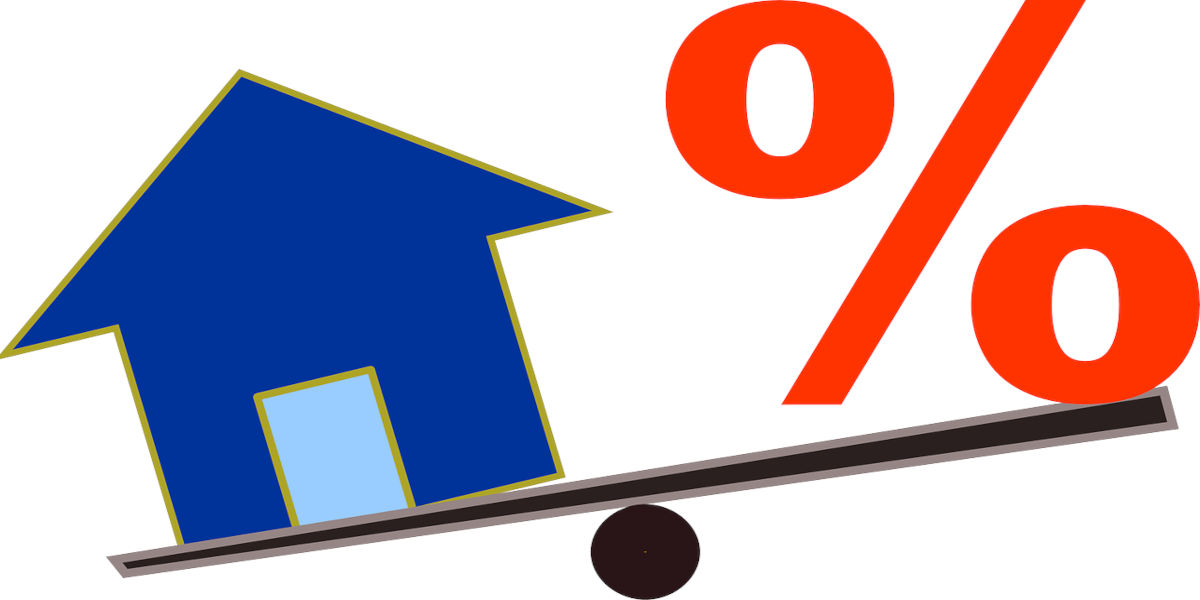Making the decision to buy a home is a big step, but it's just the beginning. Next comes understanding mortgages, how they work, and which one is right for you. That's when the real dilemma starts. Mortgages are complicated and often filled with jargon that only mortgage brokers seem to understand. This article will demystify the mortgage process, giving you the tools to decide which mortgage is best for you.
We will dive into what mortgages truly are and guide you through the process of choosing a mortgage. Plus, it doesn't stop there - this article also offers advice on considering whether you can afford a mortgage. After reading this article, you’ll have a better understanding of mortgages, and how to choose the right one that is affordable for you.
Mortgages Uncovered: Understanding Mortgages
Getting to grips with mortgages can be daunting, mainly because it's tied up with the idea of a vast amount of money. But at its core, a mortgage is a loan - probably the biggest one you'll ever take out. The loan is secured against the value of your home until it's paid off. If you can't keep up your repayments, the lender can repossess your home and sell it to get their money back.
Mortgages come with their own language - terms like 'Fixed Rate,' 'Adjustable Rate,' 'Interest Only,' 'FHA Loans,' or 'VA Loans,' to name just a few. Understanding these terms is the primary step towards finding the right mortgage for you.
Choosing the Right Mortgage: How to Choose a Mortgage
There's no one-size-fits-all mortgage. What works for one person might not be the best choice for another. Therefore, how to choose a mortgage depends largely on your individual circumstances. Before deciding, first, ascertain how much you can afford to borrow. Consider your income, monthly expenses, and how these might change in the future. Thinking about these factors should give you a good idea of how much you can afford to spend on mortgage repayments each month.
A suitable mortgage is one that fits comfortably within your expenses and offers you the best balance between affordability and paying off your loan as quickly as possible.
When choosing a mortgage, you should be aware of the different types that exist: fixed-rate and variable-rate mortgages being the most common. Each has its pros and cons and understanding these can help you make an informed decision.
Your choice might also depend on the size of your deposit. The more you're able to put down at the beginning, the lower your interest rate could be. Also, think about how long you want to be making repayments for. Longer mortgage terms will reduce monthly payments but increase the total amount repaid over the duration of the loan.
Know Your Mortgage Types
The first step to understanding Mortgages is to get to know the different types. There are many kinds of mortgages available including Fixed-Rate Mortgages, Adjustable Rate Mortgages, Interest Only Mortgages, Balloon Mortgages, and Reverse Mortgages to name just a few.
Fixed-Rate Mortgages are the most popular type of mortgage. They offer steady and predictable payments. The interest rate and the mortgage payments stay the same for the life of the loan, regardless of what happens to interest rates in the wider market.
Adjustable Rate Mortgages, on the other hand, feature interest rates that adjust over time. This means that mortgage payments can go up or down according to the changes in interest rates overall.
Importance of Affordability Considerations
Key to your choice of a mortgage is your personal affordability. A mortgage should not be financially draining. When considering affordability, you must take into account your monthly income, other monthly expenditures, and your overall financial goals.
Amortization and Loan-Term
Another important aspect of mortgages is the amortization and the loan term. Amortization is the process of paying off a debt with regular payments across a specific time period. The longer the amortization period, the smaller the amount which needs to be paid in each installment, but the more interest you end up paying over time.
Interest Rates and APR
Interest rates and annual percentage rate (APR) are additional crucial factors that can not be overlooked when choosing a mortgage. The interest rate is the cost of borrowing the principal loan amount. APR, on the other hand, is a broader reflection of the cost of borrowing, including the interest rate and other associated fees.
Understanding these aspects of mortgages will better equip you in selecting the most suitable and affordable mortgage for you. Lastly, remember to consult with a financial advisor if you feel you need further assistance in choosing a mortgage.




